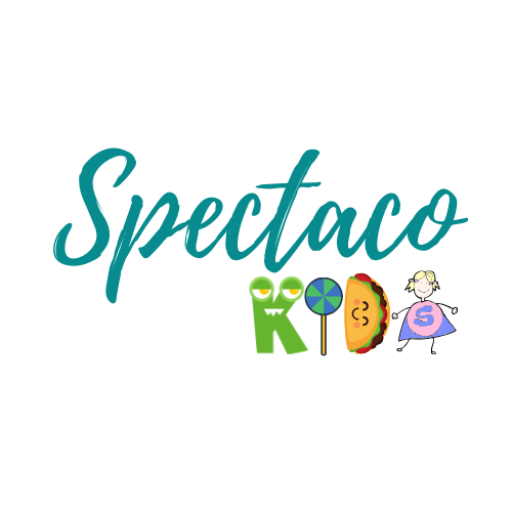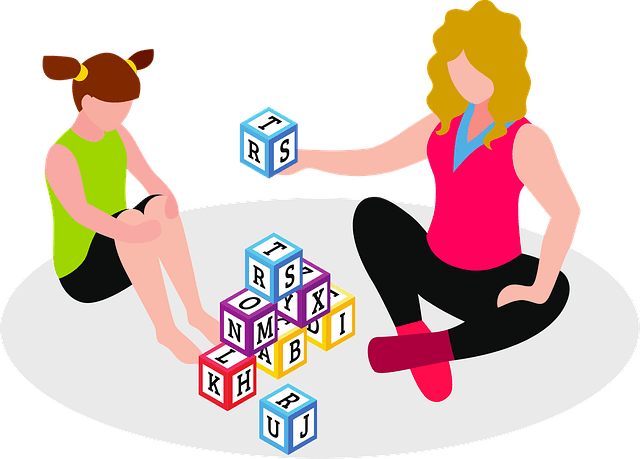What is expressive language?
Expressive language refers to the use of words, sentences and gestures to express and communicate. It involves naming objects, describing actions, asking and answering questions.
Expressive language is critical as it enables kids to express their wants, thoughts and ideas. However, there are children who struggle with expressive language and need some activities to help them in expressing themselves.
A child having difficulties with expressive language might:
Remember, these difficulties will vary from kid to kid dependent on their age.
- Use sentences that sound immature for their age
- Have difficulty naming objects
- Not be understood by unknown people.
- Have trouble finding the right word
- Have problems retelling a story
Why is expressive language important?
- Without expressive language, your kid cannot let you know what they are feeling, thinking or needing.
- It is vital because children need to be able to communicate and express what they want and need.
- Expressive language may help develop a child’s use of language in writing and also help them engage in successful interactions with others.
- Improve a child’s ability to respond appropriately to questions.
- Develop an ability to tell stories.
- Help develop a child’s vocabulary.
Activities to Help Improve Expressive Language:
Here are the following activities that will help improve expressive language:
- Books
- Singing
- Play food
- Dress up
- Playdough
- Bubbles
- Cooking
- Potato
- Naming Game
Books
Reading is crucial for developing your child’s language skills. Choose books that have large colourful pictures that are not too detailed; point to pictures and ask your child simple questions like, “what is this?”
You can also make lots of sounds related to the things you see in the books such as the sound a cat makes or the sound of a train.
Singing
Singing is among the most enjoyable learning activities for children as it has elements of enjoyment and learning. Whatever you are doing, just sing the words in the presence of your child. This way when your child is doing a similar activity, they will associate that activity every time they do it with a little song.
Incorporate singing at naptime, bath time and bedtime or even when you are travelling in the car!
Play food
Kids love playing with toy food items. Harness this interest of your child by engaging them in pretend cooking/ serving. Using play food, you can have them ask you what they are cooking, and what they are serving.
You can discuss the different category groups for food items, shape, colour or what meals you use the food for, etc. You can also use a puppet with pretend food. Have your child feed the puppet and tell it, “Eat the apple puppet” or you can narrate what is going on, “the puppet is eating an apple now!”
Dress up
Dress up games is a favourite activity among children, and can be a great way to work for adults to work on their speech and language skills. And it is a great way for your child to develop creative thinking.
You can have your child express what they want to wear; or what they want to become. While playing dress up games; ask them questions such as, “who are you?” or “what does a teacher do?”
Playdough
Through playdough, you can address many different skills. Build animals, shapes or several other things with your child. Encourage your child to imitate your actions, ask them their preference. Hold up two different colours of playdough or two different cookie cutters, “Do you want the red playdough or blue playdough?”
Cooking
Cooking is a great way to target expressive language. Have your child narrate the steps of a recipe, it can be picture-recipe too. Narrate what you are doing, and what you still need to do. Talk about the names and colours of foods you are using.
Ask your kid questions during the activity to make sure they understand, ask them “how much sugar do we need?” or “when do we add the milk?”
Bubbles
Playing with bubbles is another great activity to improve your child’s expressive language. Blow bubbles and pop them with your finger and say “pop”. Repeat it once or twice and wait for your child to imitate you.
You can even ask your child to say, “my turn!” or “blow more bubbles”.
Mr Potato
Using Potato Head is a smart addition to developing your child’s language skills and can be a versatile tool to target several of the common language goals. Offer your kid choices of body parts while talking about these body parts as your child is assembling them onto Mr Potato.
While playing with Mr Potato, your child can develop consistent use of communication including, gestures, and verbal communication.
Naming Game
Encourage your child to name the things that he sees around him. Engage him in a game where can give a little hand initially and point out to things and naming them.
Taking a Ride
Take your child out to a park or a zoo. While roaming around, name and describe the thing that you see. Even when you are driving, you can point out to different things on the way!
Some more activities:
- When you speak to your child, speak directly to his face, so he can watch you mouthing the words.
- Model the correct sentence for your child When he says something that is not grammatically correct.
- Talk about your day to day activities with your child and also ask him about his.
For more information, follow us on Instagram or visit our website!




Nice post. I learn something totally neew
and challenging on websites I stumbleupon on a
daily basis. It will always be useful to read through content from other authors and practice something from other sites. http://boyarka-Inform.com/
Nice post. I learn sopmething totally new and challenging on websites I stumbleupon on a daily
basis. It will always be useful to read through content
from other authors and practice something from other sites. http://boyarka-Inform.com/
This site certainly has all of the information and facts
I wanted about his subject and didn’t know who to ask. https://Bio.Rocketapps.pro/bubinga-options.com
This site certainly has all of the information and facts I
wanted about thhis subject and didn’t know who to ask. https://Bio.Rocketapps.pro/bubinga-options.com
Focus oon Fun
Finally, remember that online slots are meant to be entertaining.
Whie success feels good, it’s not guaranteed. Appreciate the themes, animations,
and features with Thepokies106. When you emphasize the experience instead of juust the payout, the experience becomes faar
more fulfilling. https://Au.Trustpilot.com/review/ozwin-casino.bet
Focus on Fun
Finally, remember that internet slot games are meant to be fun. While winning
is great, it’s not promised. Savor the themes, animations,
annd features with Thepokies106. When you emphasize the experience instead of just the endgame, the experience becomes far more pleasurable. https://nl.trustpilot.com/review/laurencestassen.eu
バイナリーオプションは、わかりやすくて、初めての方でも始めやすい資産運用手段のひとつです。相場が一定時間後に上昇するか下落するかを予想するだけで、ネット環境があれば取引できるのが魅力です。自分もやってみたら、とても便利で楽しいです。短時間で結果が出るので、暇なときに遊び感覚で挑戦できます。損失の可能性もありますが、成功したときは気持ちいいです。少しでも気になるなら、まず無料の体験版で試してみるのがおすすめです。 https://qr.ae/pAclSS